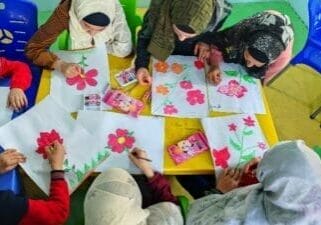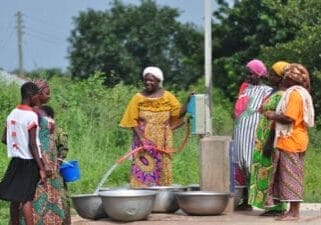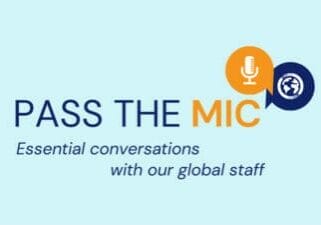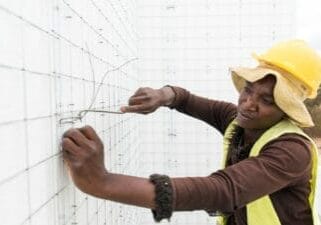News > Blog
Commissioning Ceremony Marks Milestone for Water Accessibility in Northern Ghana
Published 04/25/2024 by Global Communities
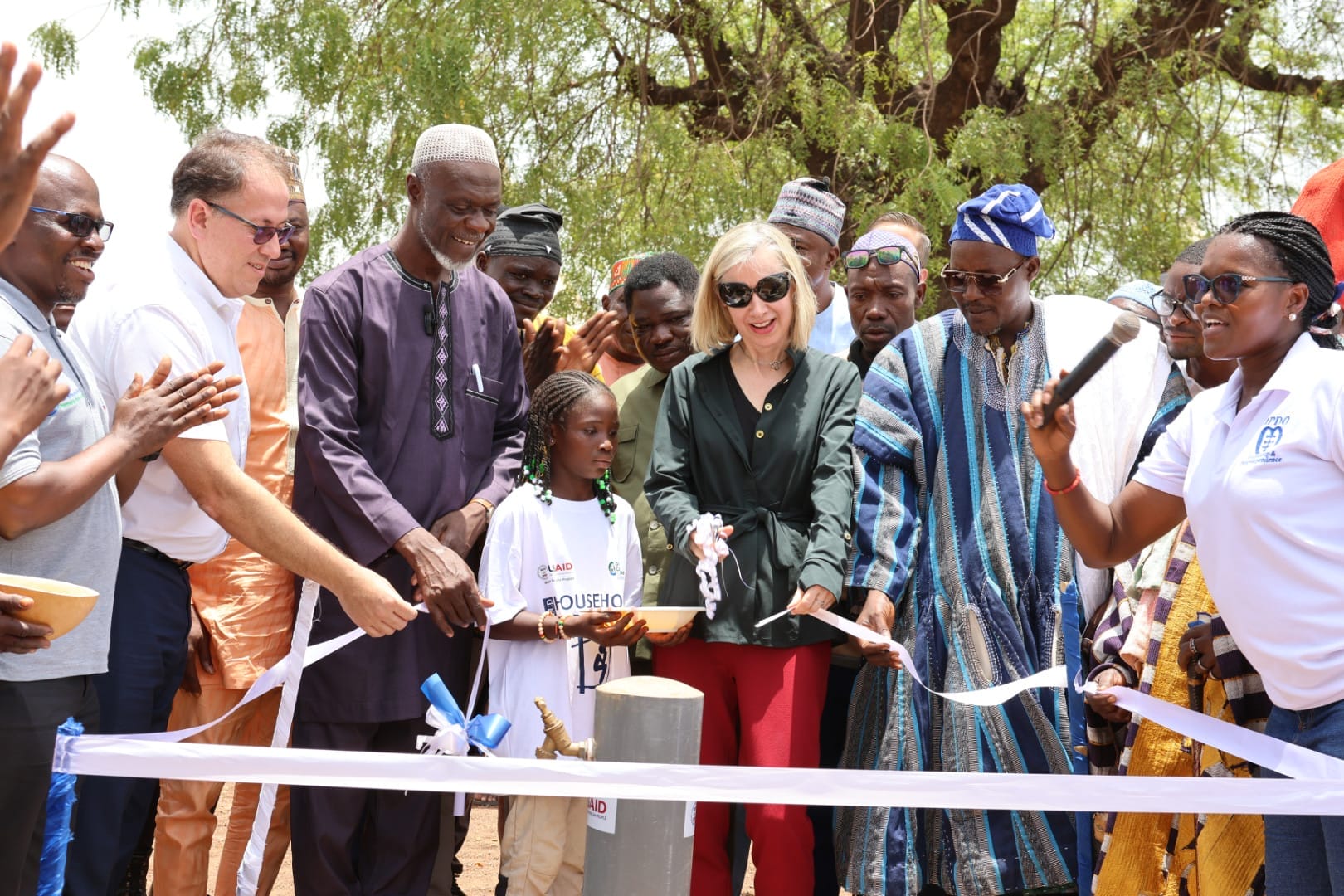
On April 18, a historic event unfolded in Nawuhugu, located in the Northern Region of Ghana, as community members, local chiefs, esteemed dignitaries and stakeholders gathered to witness the commissioning of a vital water system. The event, organized by Global Communities Ghana, marked a significant milestone in our ongoing efforts to improve water accessibility and sanitation in the region through the Enhancing Water, Sanitation and Hygiene (En-WASH) Activity, funded by the United States Agency for International Development (USAID).
Speaking at the event, Alberto Wilde, Country Director of Global Communities Ghana, expressed his gratitude for the collaborative efforts that made the project a reality.
“My heartfelt gratitude to our implementing partners – Saha Global, Afram Plains Development Organization and Water4 – for their unwavering dedication and contributions towards the construction of these vital water systems. Your commitment to our shared mission has been instrumental in making today’s achievement possible,” he said. “These water systems represent more than just infrastructure; they signify hope, progress and a better quality of life for the residents of Nawuhugu and Nanton Kurugu.”
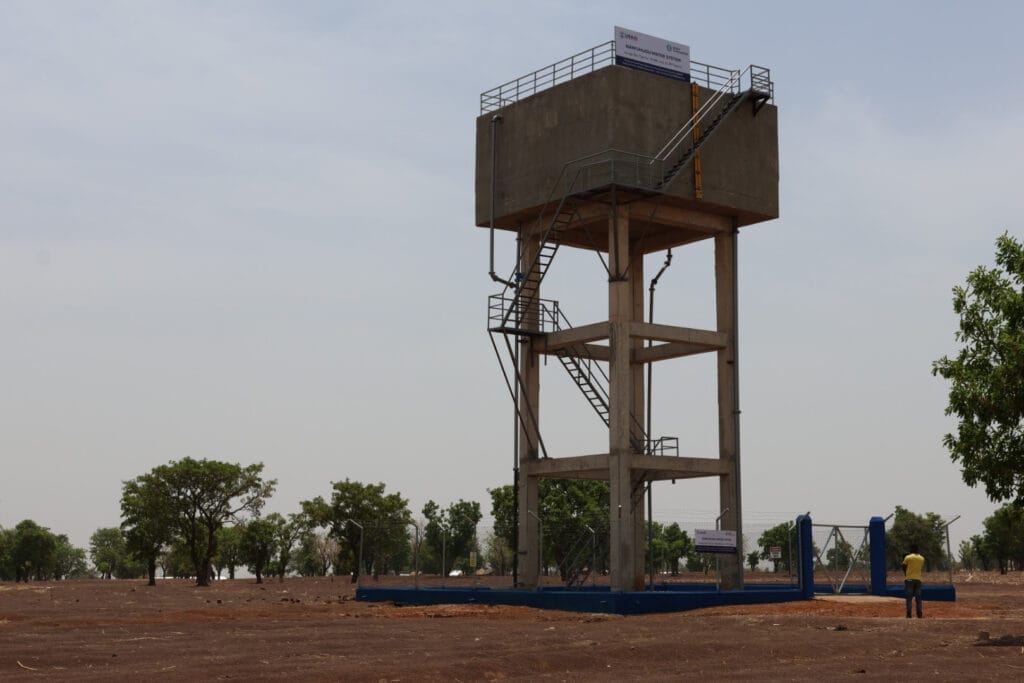
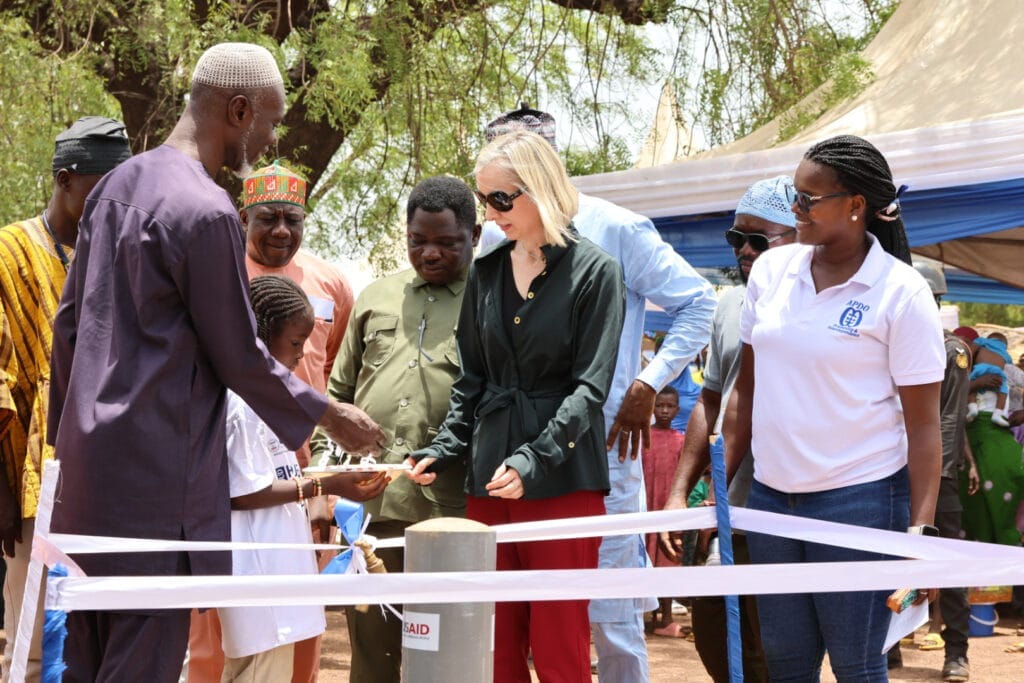
The Nawuhugu Water Supply System will benefit a total of 14,314 people across six communities, including two Community-based Health Planning and Services (CHPS) compounds and two schools. A similar water system was commissioned in Nanton-Kurugu as well. Both systems consist of two boreholes and a 100 cubic-meter reinforced concrete tank installed at 12-meters high. The boreholes are equipped with submersible pumps, which are solar-powered. USAID funded the water systems and partnered with Global Communities to facilitate the construction. The project began in February 2023 and ended in March 2024.
“Imagine a world where every household has access to clean drinking water, farmers can irrigate their fields without worrying about water shortages, and small businesses can operate with sufficient water supply,” said USAID/Ghana Mission Director Kimberly Rosen, whose presence at the ceremony underscored the importance of the project in the eyes of the international community. “… The two water systems we are inaugurating today are part of those efforts.”
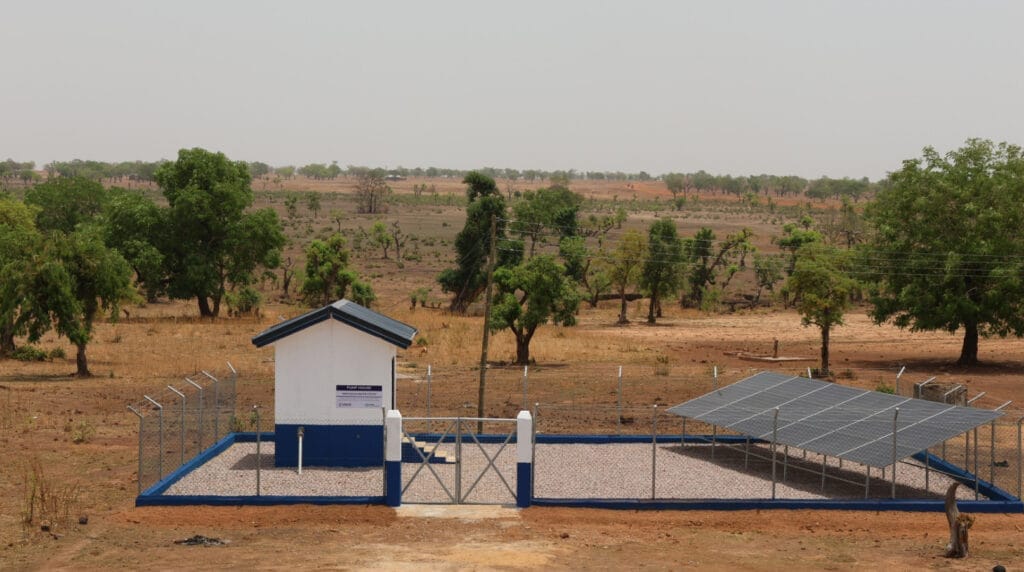
Photo by Lawrence Quarcoo/Global Communities
As the project continues to serve as a beacon of hope for other communities facing similar challenges, it highlights the transformative power of collective action in creating lasting change. Ghana’s Northern Regional Minister, Honorable Shani Alhassan Shaibu, took a moment to laud Global Communities’ WASH related interventions in the region.
“I wish to, on behalf of the government, the chiefs and people of the region and the Northern Regional Coordinating Council, express our sincerest gratitude and heartfelt appreciation to USAID, Global Communities and all WASH implementing partners for this laudable initiative and the several developmental projects doted around the region, all towards improving access to basic necessities such as water to improve the livelihood of our people,” he said.
For residents of Nawuhugu and Nanton Kurugu, the commissioning of the water systems represents more than just infrastructure; it signifies the dawn of a new era — one characterized by improved health, dignity and prosperity. Combined, the systems will serve over 20,000 residents in nine communities.
To learn more about the commissioning ceremony and our partners under the USAID-funded En-WASH Activity, please check out the press release issued by the U.S. Embassy in Ghana on April 19, 2024.
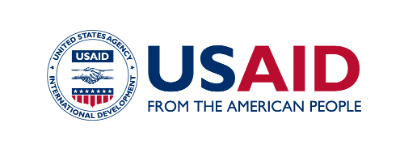
This success story is made possible by the generous support of the American people through the United States Agency for International Development (USAID). The contents are the responsibility of Global Communities and do not necessarily reflect the views of USAID or the United States Government.


